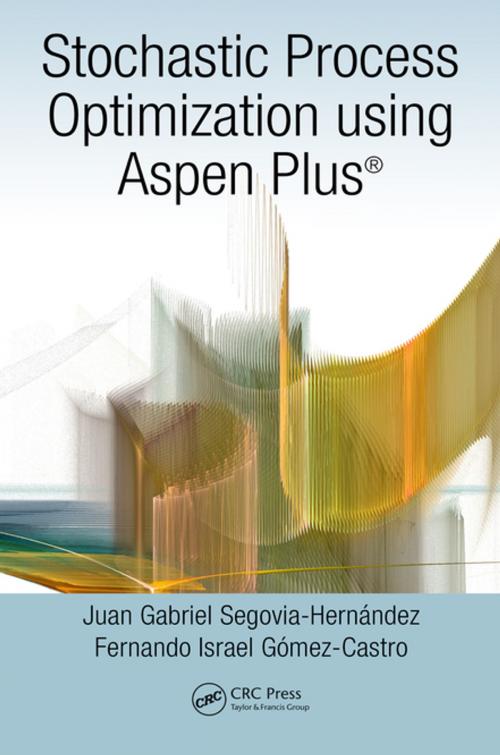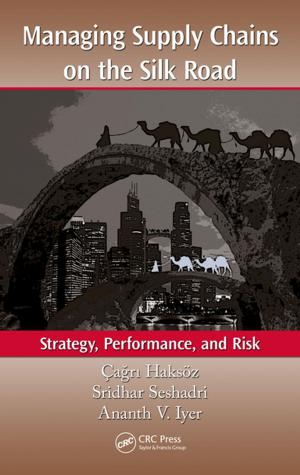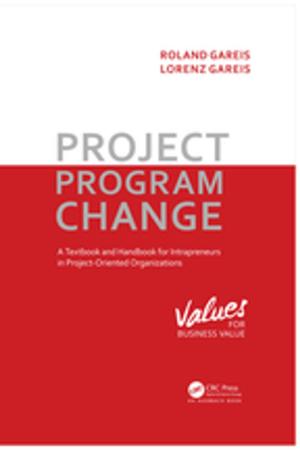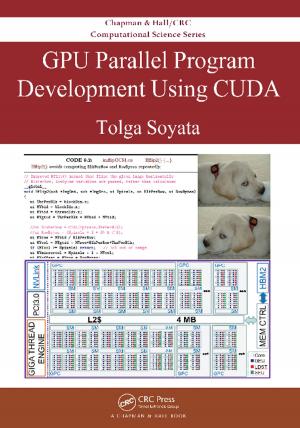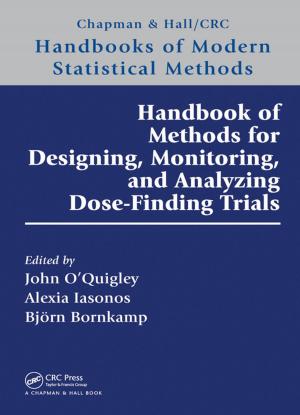Stochastic Process Optimization using Aspen Plus®
Nonfiction, Science & Nature, Science, Chemistry, Technical & Industrial, Mathematics, Applied| Author: | Fernando Israel Gómez-Castro, Juan Gabriel Segovia-Hernández | ISBN: | 9781351651783 |
| Publisher: | CRC Press | Publication: | November 1, 2017 |
| Imprint: | CRC Press | Language: | English |
| Author: | Fernando Israel Gómez-Castro, Juan Gabriel Segovia-Hernández |
| ISBN: | 9781351651783 |
| Publisher: | CRC Press |
| Publication: | November 1, 2017 |
| Imprint: | CRC Press |
| Language: | English |
Stochastic Process Optimization using Aspen® Plus
Bookshop Category: Chemical Engineering
Optimization can be simply defined as "choosing the best alternative among a set of feasible options". In all the engineering areas, optimization has a wide range of applications, due to the high number of decisions involved in an engineering environment. Chemical engineering, and particularly process engineering, is not an exception; thus stochastic methods are a good option to solve optimization problems for the complex process engineering models.
In this book, the combined use of the modular simulator Aspen® Plus and stochastic optimization methods, codified in MATLAB, is presented. Some basic concepts of optimization are first presented, then, strategies to use the simulator linked with the optimization algorithm are shown. Finally, examples of application for process engineering are discussed.
The reader will learn how to link the process simulator Aspen® Plus and stochastic optimization algorithms to solve process design problems. They will gain ability to perform multi-objective optimization in several case studies.
Key Features:
• The book links simulation and optimization through numerical analyses and stochastic optimization techniques
• Includes use of examples to illustrate the application of the concepts and specific guidance on the use of software (Aspen® Plus, Excel, MATLB) to set up and solve models representing complex problems.
• Illustrates several examples of applications for the linking of simulation and optimization software with other packages for optimization purposes.
• Provides specific information on how to implement stochastic optimization with process simulators.
• Enable readers to identify practical and economic solutions to problems of industrial relevance, enhancing the safety, operation, environmental, and economic performance of chemical processes.
Stochastic Process Optimization using Aspen® Plus
Bookshop Category: Chemical Engineering
Optimization can be simply defined as "choosing the best alternative among a set of feasible options". In all the engineering areas, optimization has a wide range of applications, due to the high number of decisions involved in an engineering environment. Chemical engineering, and particularly process engineering, is not an exception; thus stochastic methods are a good option to solve optimization problems for the complex process engineering models.
In this book, the combined use of the modular simulator Aspen® Plus and stochastic optimization methods, codified in MATLAB, is presented. Some basic concepts of optimization are first presented, then, strategies to use the simulator linked with the optimization algorithm are shown. Finally, examples of application for process engineering are discussed.
The reader will learn how to link the process simulator Aspen® Plus and stochastic optimization algorithms to solve process design problems. They will gain ability to perform multi-objective optimization in several case studies.
Key Features:
• The book links simulation and optimization through numerical analyses and stochastic optimization techniques
• Includes use of examples to illustrate the application of the concepts and specific guidance on the use of software (Aspen® Plus, Excel, MATLB) to set up and solve models representing complex problems.
• Illustrates several examples of applications for the linking of simulation and optimization software with other packages for optimization purposes.
• Provides specific information on how to implement stochastic optimization with process simulators.
• Enable readers to identify practical and economic solutions to problems of industrial relevance, enhancing the safety, operation, environmental, and economic performance of chemical processes.
